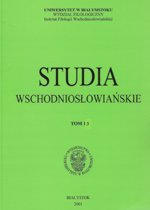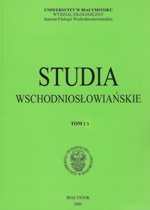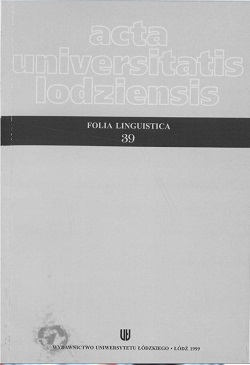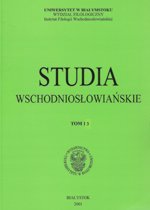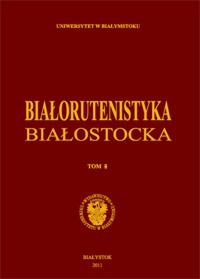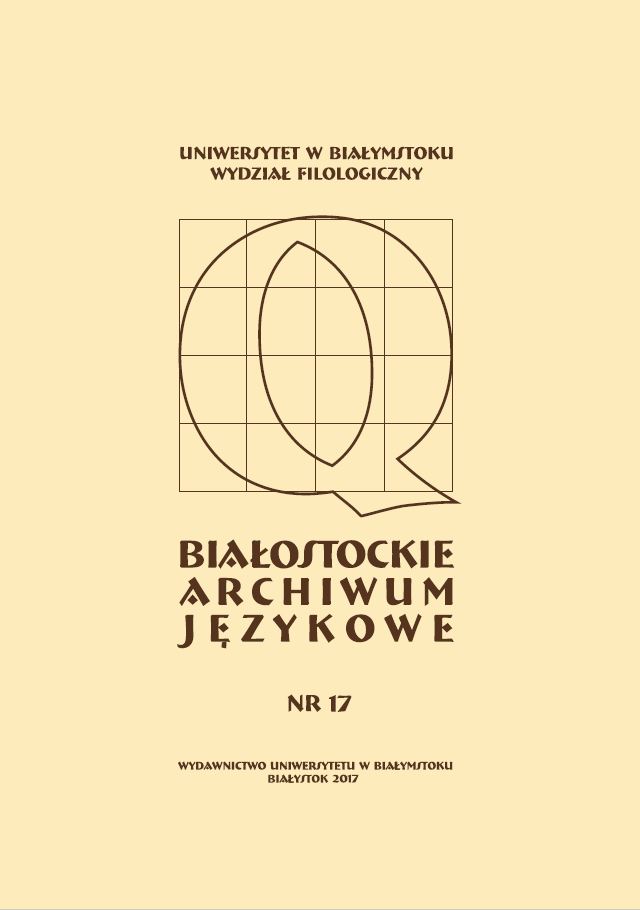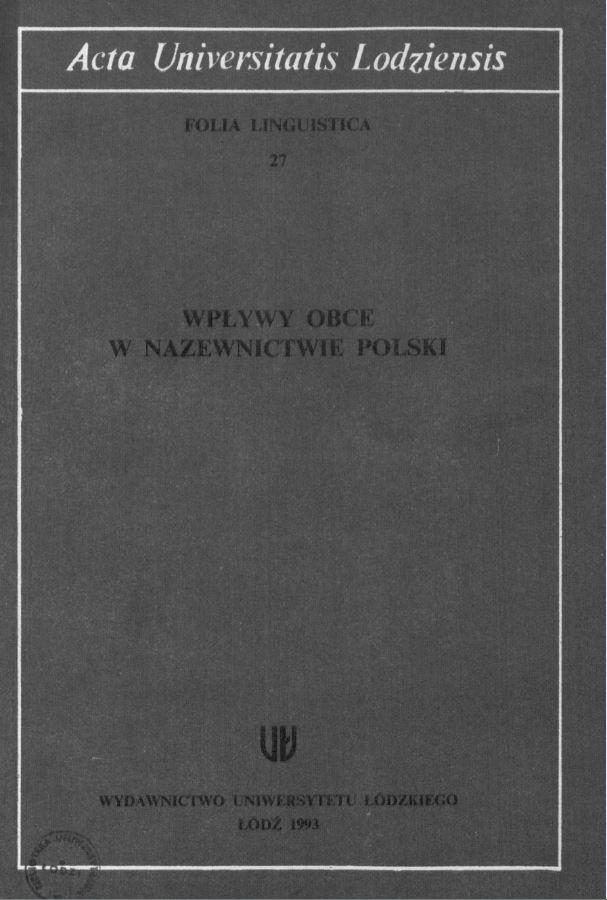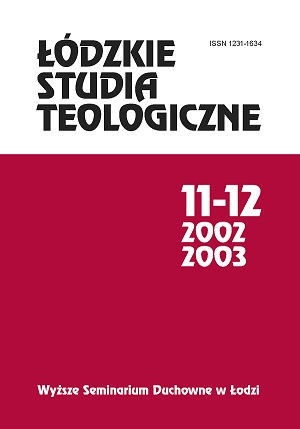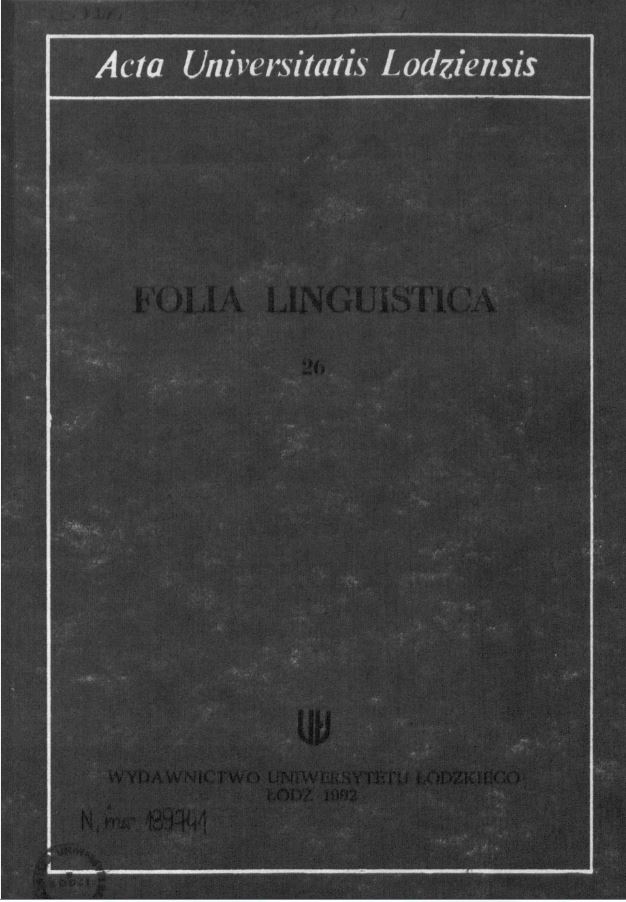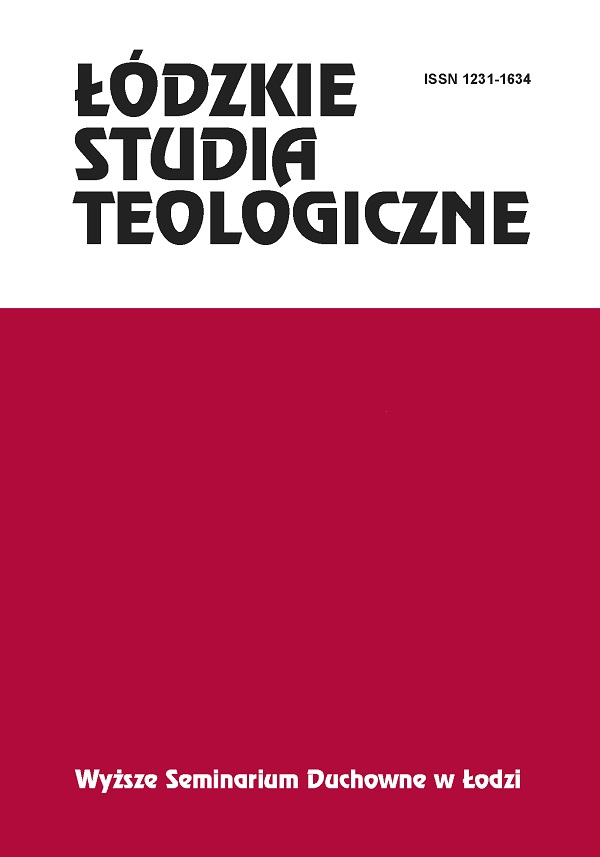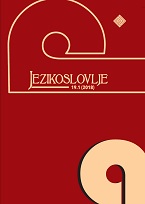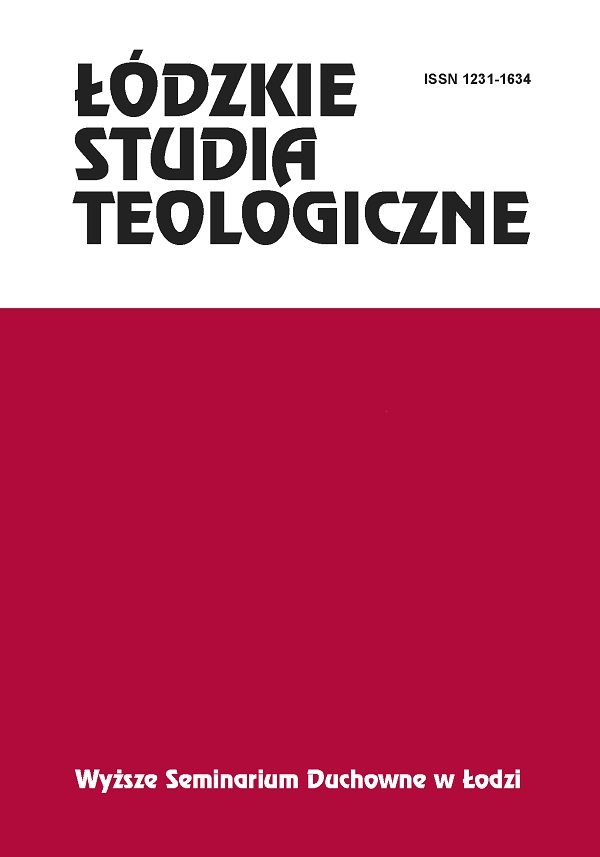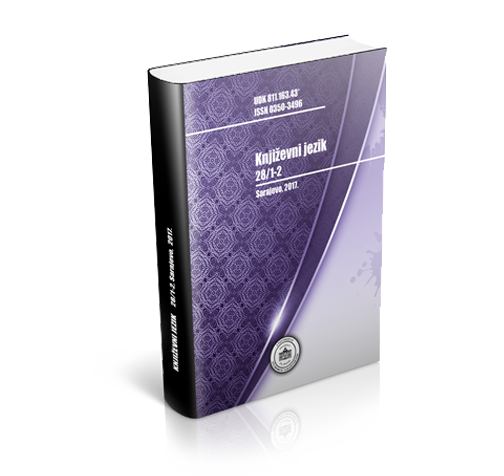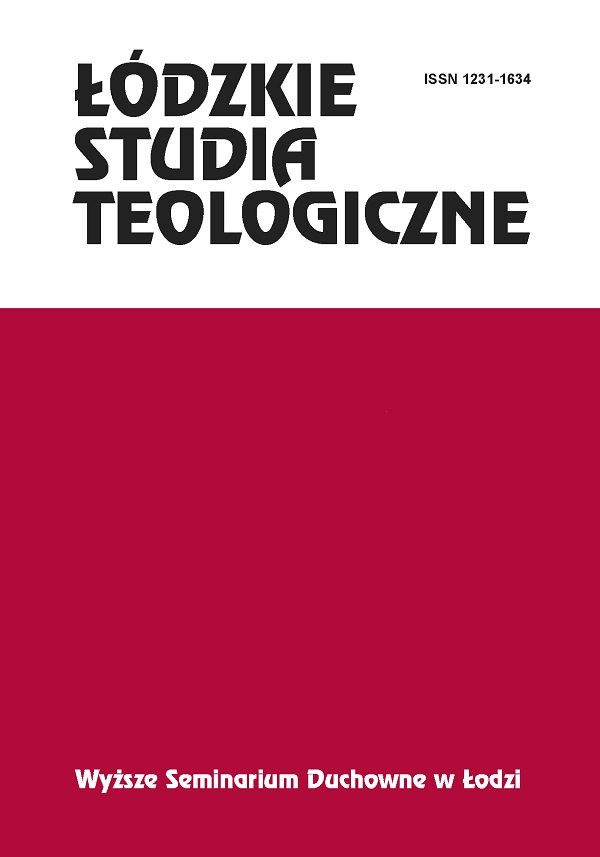Author(s): Teresa Jaroszewska / Language(s): French
Issue: 39/1999
W artykule zawarto nowe materiały z dziedziny francuskiego słownictwa teatralnego i literackiego szesnastego wieku. Okres ten należy do najmniej zbadanych przez historyków języka. Potwierdza to analiza wydanego przed trzema laty dwutomowego słownika, Dictionnaire historique de la langue française, który opracowała, pod kierunkiem Alain Reya, redakcja serii leksykograficznej Le Robert. Celem autorów jest przedstawienie najnowszego stanu badań dotyczących zarówno etymologii, jak i najważniejszych etapów historii współcześnie istniejącego słownictwa francuskiego. To pierwsze tego typu dzieło, które służyć może nie tylko specjalistom, ale i szerszemu gronu czytelników. Jednak informacje o słownictwie szesnastowiecznym wymagają wielu sprostowań i uzupełnień. Znaczną ich część autorzy zaczerpnęli z pierwszych 14 tomów Trésor de la langue française. Zebrana w artykule dokumentacja i komentarze leksykalne uzupełniają lub korygują dane 25 haseł tych dwóch najnowszych słowników języka francuskiego. Znalezione w wyniku własnych lektur autorki materiały zmieniają w stopniu niekiedy bardzo znacznym historię omawianych słów, a co za tym idzie, obraz szesnastowiecznego słownictwa teatralnego i literackiego. W wielu przypadkach przesunięto daty pierwszych zaświadczeń słów: acteur, w znaczeniu ‘aktor’, o około 160 lat wcześniej od roku podanego przez oba słowniki, auteur tragique o przeszło 100 lat wcześniej, comique, ‘autor komedii’, o ponad 40 lat, tragique, ‘autor tragedii’, o około 140 lat, itd. Wiele nowych danych dostarczyły tłumaczenia klasyków (m. in. komedii Terencjusza), w zbyt małym stopniu wykorzystywane przez leksykografów, choć, jak wiadomo, odegrały one dużą rolę w kształtowaniu nowoczesnego języka francuskiego.
More...

